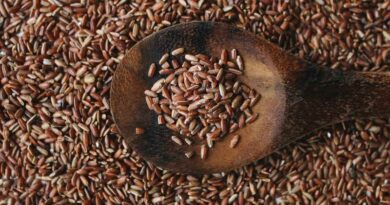Saturated fat – a reprieve?

Executive summary
* This week's note looks at a recent paper, which concluded that "instead of only paying attention to the amount of saturated fat we consume, we should also look at what food sources the saturated fat is coming from."
* Data from the European Prospective Investigation into Cancer (EPIC) were used for the study. The aim was to assess associations between dietary fat intake among people who developed heart disease vs those who didn't.
* The researchers found that there was no association between the amount of saturated fat participants consumed and their risk of developing heart disease. It was claimed that people who ate more saturated fat from red meat and butter were more likely to develop heart disease and that those who ate more saturated fat from cheese, yoghurt, and fish were less likely to develop heart disease.
* There were many flaws:
- Findings were claimed as significant when they weren't.
- Claims were made on the basis of an additional 1% higher energy intake from saturated fat for each food (per total energy intake). Red meat did not even account for 1% of total energy as a saturated fat contribution to start with. Butter consumption was practically zero – even in the highest intake group.
- Junk food intake was very different and not adjusted for.
- The usual flaws of nutritional epidemiology applied (dietary questionnaires not being accurate; association, not causation, etc.).
* While it is positive to see researchers who have been anti-saturated fat suggest that saturated fat is not bad per se, the damnation of red meat and butter continues and was not justified by this research.
The rest of this article is available to site subscribers, who get access to all articles plus a weekly newsletter.
To continue reading, please login below or sign up for a subscription. Thank you.




